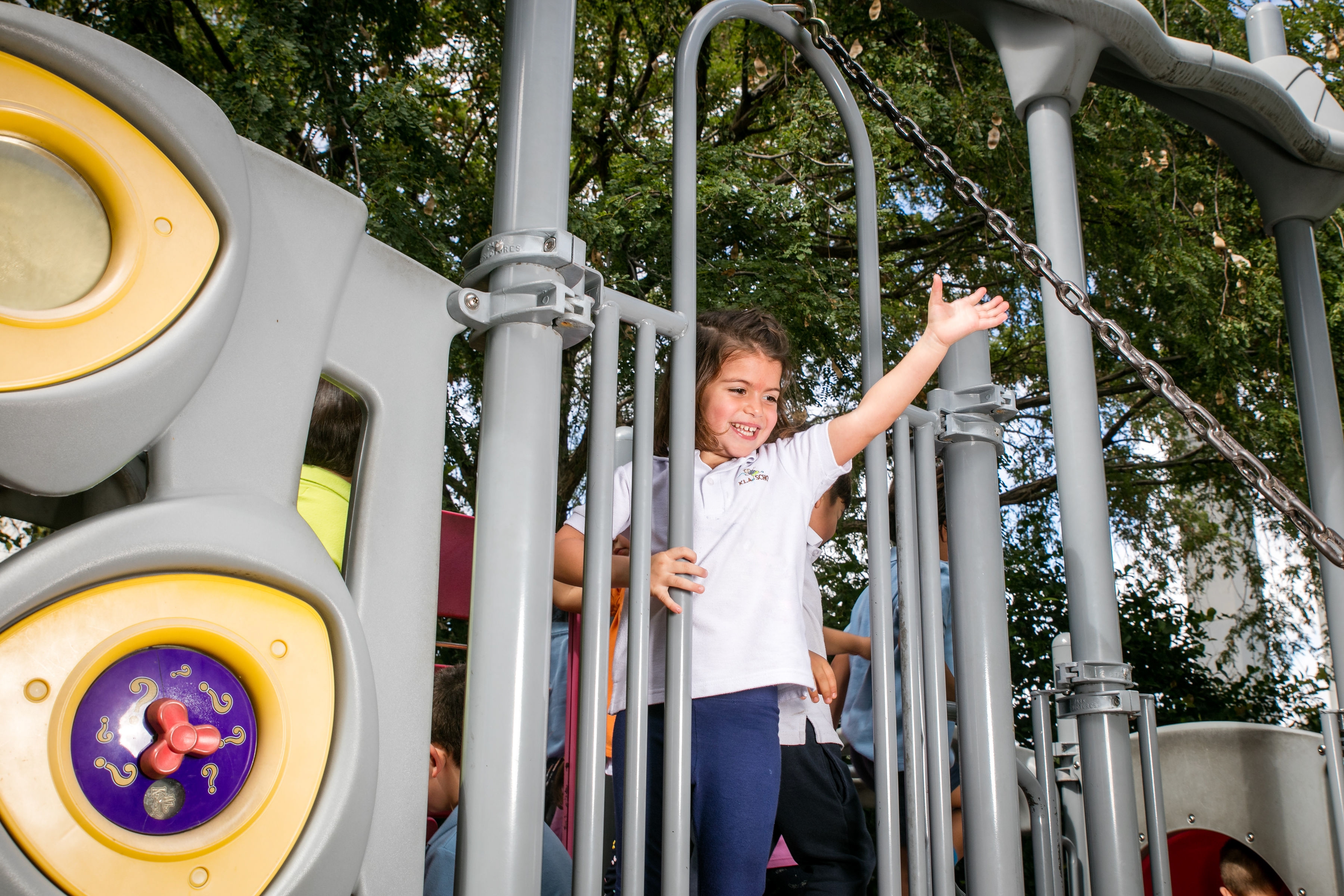What is the Best Bedtime for Your Child?
Topics: Health & Safety
Age Range: Preschool
How do you know what is the best bedtime for your child? Children go through many phases as they grow, so many parents aren’t sure about the best time to begin their child’s bedtime routine.
Pediatric sleep specialist Dr Vaisal Shah suggests that parents can figure out a child’s best bedtime by starting with the child’s ideal wake-up time, and working backwards from there, depending on the child’s age.
How much sleep does your child need?
Children need different amounts of sleep depending on their age. The American Academy of Sleep Medicine recommends the following sleep ranges for each age range:
- 4-12 months: 12-16 hours (naps included)
- 12-24 months: 11-14 hours (naps included)
- 3-5 years: 10-13 hours (may or may not include a nap)
- 6-12 years: 9-12 hours
- 13-18 years: 8-10 hours
Naps are an important part of a young child’s sleep. Your child’s preschool will likely inform you about how your child is napping throughout the day, and they can help you understand if your child is napping more or less than usual.
Setting up a bedtime routine for your child
One way you can help to set your child’s regular bedtime is to watch their actions for sleep cues. These cues include rubbing their eyes, yawning, acting fussy, crying, or having difficulty focusing. Finding out when your child is naturally ready for sleep in the evening can help you pick a regular bedtime that will be easier to stick to.
A consistent bedtime routine will help your child understand what’s expected of them and give them a predictable pattern to rely on.
The ideal nighttime routine varies with each child and family, but the key is to make each activity relaxing. Some examples of child bedtime routine activities include:
- Reading together
- Giving your child a bath
- Brushing their teeth and washing their face
- Singing a lullaby
- Choosing pyjamas together
- Talking quietly together about the day
Bedtime routines don’t have to be long – many range from 10 to 30 minutes.
Proper sleep is something everyone needs for healthy development, and this is especially true for children. Studies show that a good amount of sleep helps children with their behavior, learning, attention, memory, physical and mental health, and emotional regulation. Not to mention, proper sleep greatly improves quality of life.

